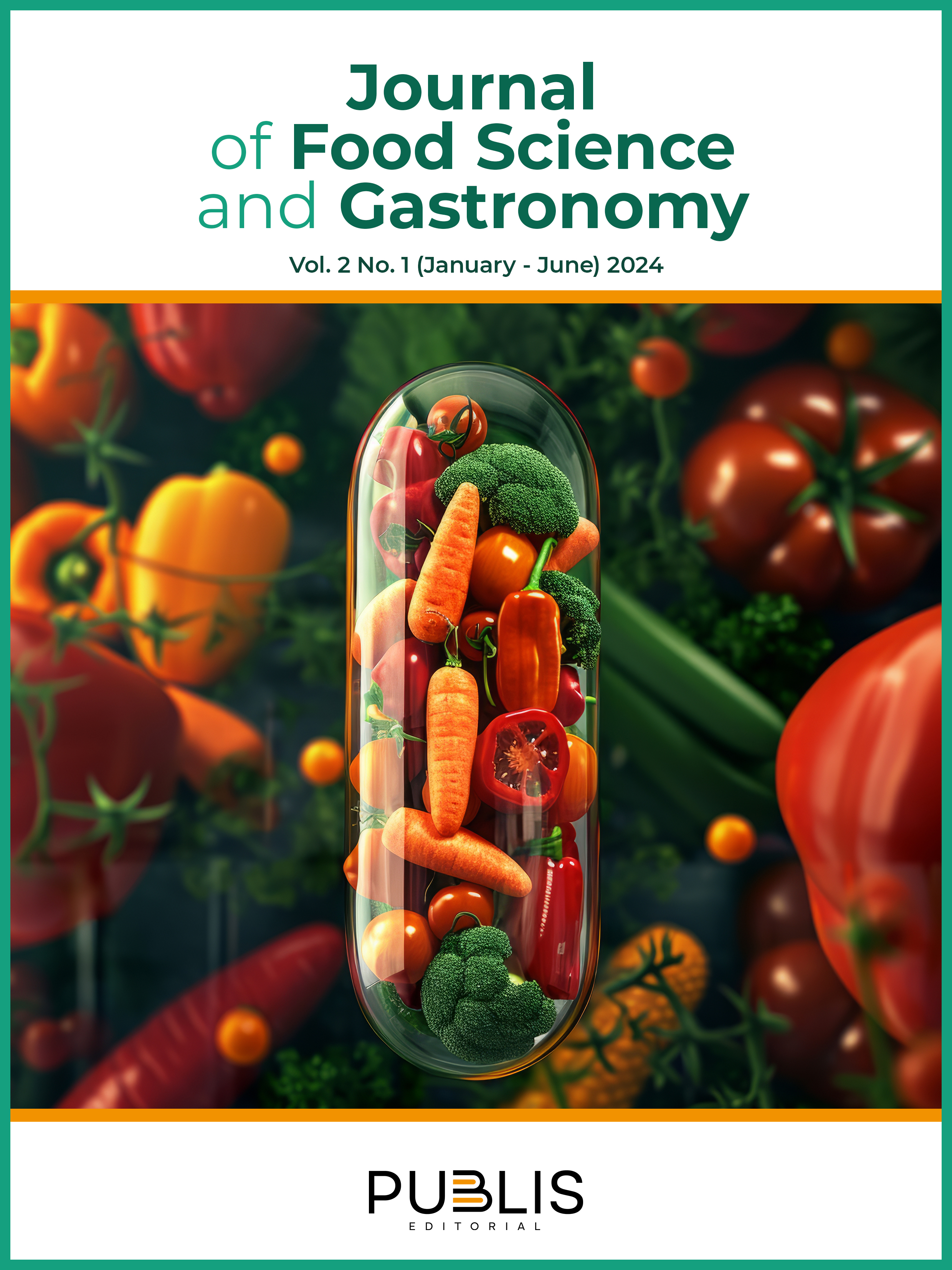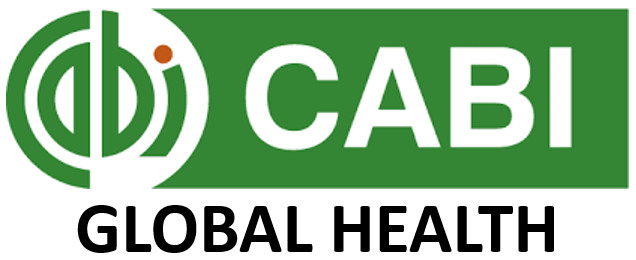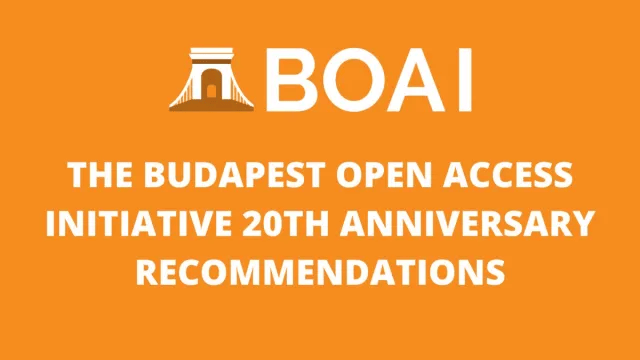Junk food: analysis of risks, benefits, and social perception
DOI:
https://doi.org/10.5281/zenodo.13996283Keywords:
junk food, public health, nutritional labeling, chronic diseases, ultra-processed foodsAbstract
The growing concern for food safety and public health has driven increased consumer interest in the production and marketing of food, especially those considered "junk". International organizations such as FAO and WHO have implemented regulations to mitigate the risks associated with their consumption, emphasizing the importance of clear and accurate labeling that informs about ingredients and nutritional content. Despite the demand for transparency, the excessive consumption of ultra-processed foods has contributed to the rise of chronic diseases such as obesity and diabetes. In response, several countries have adopted measures that include mandatory labeling and the reduction of sugars and fats. With consumers becoming increasingly aware of health issues, nutritional labeling becomes a key tool for facilitating healthier food choices, balancing the information provided with the true nutritional value of products.
Downloads
References
Abdoli, M., Scotto, M., Cipriano, A., Napolano, R., Cotrufo, P., Barberis, N., & Cella, S. (2023). Affect, body, and eating habits in children: a systematic review. Nutrients, 15(15), 3343. https://doi.org/10.3390/nu15153343
Baba, F.V., & Esfandiari, Z. (2023). Theoretical and practical aspects of risk communication in food safety: A review study. Heliyon, 9(7), e18141. https://doi.org/10.1016/j.heliyon.2023.e18141
Bathrellou, E., Georgopoulou, A., & Kontogianni, M. (2023). Perceived barriers to gluten-free diet adherence by people with celiac disease in Greece. Annals in Gastroenterology, 36(3), 287-292. https://doi.org/10.20524/aog.2023.0798
Bohara, S.S. Thapa, K., Bhatt, L.D., Dhami, S.S., & Wagle, S. (2021). Determinants of junk food consumption among adolescents in Pokhara Valley, Nepal. Frontiers in Nutrition, 8, 644650. https://doi.org/10.3389/fnut.2021.644650
Clemente-Suárez, V.J., Beltrán-Velasco, A.I., Redondo-Flórez, L., Martín-Rodríguez, A., & Tornero-Aguilera, J.F. (2023). Global impacts of western diet and its effects on metabolism and health: a narrative review. Nutrients, 15(12), 2749. https://doi.org/10.3390/nu15122749
Corvalán, C., Garmendia, M.L., Jones-Smith, J., Lutter, C.K., Miranda, J.J., Pedraza, L.S., Popkin, B.M., Ramirez-Zea, M., Salvo, D., & Stein, A.D. (2017). Nutrition status of children in Latin America. Obesity Reviews, 18(S2), 7-18. https://doi.org/10.1111/obr.12571
Datar, A., & Nicosia, N. (2012). Junk food in schools and childhood obesity. Journal of Policy Analysis and Management, 31(2), 312-337. https://doi.org/10.1002/pam.21602
Duran, A.C., Mialon, M., Crosbie, E., Jensen, M.L., Harris, J.L., Batis, C., Corvalán, C., & Taillie, L.S. (2021). Food environment solutions for childhood obesity in Latin America and among Latinos living in the United States. Obesity Reviews, 22(S3), e13237. https://doi.org/10.1111/obr.13237
Duran, A.C., Ricardo, C.Z., Mais, L.A., Martins, A.P.B., & Taillie, L.S. (2019). Conflicting messages on food and beverage packages: front-of-package nutritional labeling, health and nutrition claims in Brazil. Nutrients, 11(12), 2967. https://doi.org/10.3390/nu11122967
Fuhrman, J. (2018). The Hidden Dangers of fast and processed food. American Journal of Lifestyle Medicine, 12(5), 375-381. https://doi.org/10.1177/1559827618766483
Haghighian, A., Vedadhir, A., Amiri, P., Kalantari, N., Omidvar, N., Eini-Zinab, H., & Hani, S.M. (2017). Psycho-socio-cultural determinants of food choice: a qualitative study on adults in social and cultural context of Iran. Iranian Journal of Psychiatry, 12(4), 241-250. https://api.semanticscholar.org/CorpusID:3579060
Harris, J.L., & Graff, S.K. (2012). Protecting young people from junk food advertising: implications of psychological research for First Amendment law. American Journal of Public Health, 102(2), 214-222. https://doi.org/10.2105/AJPH.2011.300328
Kumar, S., & Preetha, G. (2012). Health promotion: an effective tool for global health. Indian Journal of Community Medicine, 37(1), 5-12. https://doi.org/10.4103/0970-0218.94009
Latapí, M.A., Jóhannsdóttir, L., & Davídsdóttir, B. (2019). A literature review of the history and evolution of corporate social responsibility. International Journal of Corporate Social Responsibility, 4(1). https://doi.org/10.1186/s40991-018-0039-y
Lee, J.G., Lee, Y., Kim, C.S., & Han, S.B. (2021). Codex Alimentarius Commission on ensuring food safety and promoting fair trade: harmonization of standards between Korea and codex. Food Science Biotechnology, 30(9), 1151-1170. https://doi.org/10.1007/s10068-021-00943-7
Liu, J., Lee, Y., Micha, R., Li, Y., & Mozaffarian, D. (2021). Trends in junk food consumption among US children and adults, 2001-2018. The American Journal of Clinical Nutrition, 114, 1039-1048. https://doi.org/10.1093/ajcn/nqab129
Mehar, P., Bera, R., Swarnim, S., & Mishra, D. (2023). Composition of common junk food items and their contribution to the dietary requirement of children and adolescents. Indian Pediatry, 60, 221-223. https://doi.org/10.1007/s13312-023-2839-1
Melis, M., Tomassini, I., & Sollai, G. (2023). The implications of taste and olfaction in nutrition and health. Nutrients, 15(15), 3412. https://doi.org/10.3390/nu15153412
Mititelu, M., Oancea, C.N., Neacșu, S.M., Musuc, A.M., Gheonea, T.C., Stanciu, T.I., Rogoveanu, I., Hashemi, F., Stanciu, G., Ioniță-Mîndrican, C.B., Belu, I., Măru, N., Olteanu, G., Cîrțu, A.T., Stoicescu, I., & Lupu, C.E. (2023). Evaluation of junk food consumption and the risk related to consumer health among the romanian population. Nutrients, 15(16), 3591. https://doi.org/10.3390/nu15163591
Monterrosa, E.C., Frongillo, E.A., Drewnowski, A., de Pee, S., & Vandevijvere, S. (2020). Sociocultural influences on food choices and implications for sustainable healthy diets. Food and Nutrition Bulletin, 41(S2), 59S-73S. https://doi.org/10.1177/0379572120975874
Patiño, S.R., Da Silva, F., Constantinou, S., Lemaire, R., Hedrick, V.E., Serrano, E.L., & Kraak, V.I. (2021). An assessment of government capacity building to restrict the marketing of unhealthy food and non-alcoholic beverage products to children in the region of the Americas. International Journal of Environmental Research and Public Health, 18(16), 8324. https://doi.org/10.3390/ijerph18168324
Pérez, D.R. (2014). Manual sobre problemas que ocasiona a la salud el consumo de alimentos chatarra. Instituto Nacional de Higiene, Epidemiología y Microbiología, La Habana, Cuba.
Popkin, B.M., & Ng, S.W. (2022). The nutrition transition to a stage of high obesity and noncommunicable disease prevalence dominated by ultra-processed foods is not inevitable. Obesity Reviews, 23(1), e13366. https://doi.org/10.1111/obr.13366
Rodríguez, L. (2014). Manual sobre problemas que ocasiona a la salud el consumo de alimentos chatarra. Instituto Nacional de Higiene, Epidemiología y Microbiología, La Habana, Cuba, 9-20.
Shamah-Levy, T., Romero-Martínez, M., Cuevas-Nasu, L., Méndez, I., Avila-Arcos, A., & Rivera-Dommarco, J.A. (2019). The Mexican National Health and Nutrition Survey as a basis for public policy planning: overweight and obesity. Nutrients, 11(8), 1727. https://doi.org/10.3390/nu11081727
Silva, P., Araújo, R., Lopes, F., & Ray, S. (2023). Nutrition and food literacy: framing the challenges to health communication. Nutrients, 15(22), 4708. https://doi.org/10.3390/nu15224708
Swainson, M. (2019). Swainson's Handbook of Technical and Quality Management for the Food Manufacturing Sector. https://doi.org/10.1016/C2013-0-16510-5
Taillie, L.S., Busey, E., Stoltze, F.M., & Dillman, F.R. (2019). Governmental policies to reduce unhealthy food marketing to children. Nutrition Reviews, 77(11), 787-816. https://doi.org/10.1093/nutrit/nuz021
Tarantino, G., Cataldi, M., & Citro, V. (2022). Could alcohol abuse and dependence on junk foods inducing obesity and/or illicit drug use represent danger to liver in young people with altered psychological/relational spheres or emotional problems? International Journal of Molecular Sciences, 23, 10406. https://doi.org/10.3390/ijms231810406
Tripathi, A. (2020). Protecting the health data of consumers: need for an iron-clad law in India. International Journal on Consumer Law and Practice, 8, Article 7.
van Bussel, L.M., Kuijsten, A., Mars, M., & van ‘t Veer, P. (2022). Consumers’ perceptions on food-related sustainability: a systematic review. Journal of Cleaner Production, 341, 130904. https://doi.org/10.1016/j.jclepro.2022.130904
Veslemøy, A., Eirin, B., & Wirtanen, G. (2019). Nutritional and Health Aspects of Food in Nordic Countries. https://doi.org/10.1016/C2015-0-06078-6
Veslemøy, A., Lelieveld, H., & Motarjemi, Y. (2023). Food Safety Management. A Practical Guide for the Food Industry (2nd Ed.). https://doi.org/10.1016/C2018-0-04818-5
Wu, W., Zhang, A., van Klinken, R.D., Schrobback, P., & Muller, J.M. (2021). Consumer trust in food and the food system: a critical review. Foods, 10(10), 2490. https://doi.org/10.3390/foods10102490
Zafar, M.Z., Shi, X., Yang, H., Abbas, J., & Chen, J. (2022). The impact of interpretive packaged food labels on consumer purchase intention: the comparative analysis of efficacy and inefficiency of food labels. International Journal of Environmental Research and Public Health, 19(22), 15098. https://doi.org/10.3390/ijerph192215098
Zharkenova, S.B., & Kulmakhanova, L.S. (2015). Consumer rights protection in international and municipal law: problems and perspectives. European Research Studies, XVIII(4), 147-166.
Published
Data Availability Statement
Not applicable.
Issue
Section
License
Copyright (c) 2024 Wellington D. Gallardo, Mario A. García (Autor/a)

This work is licensed under a Creative Commons Attribution-NonCommercial-ShareAlike 4.0 International License.

















































